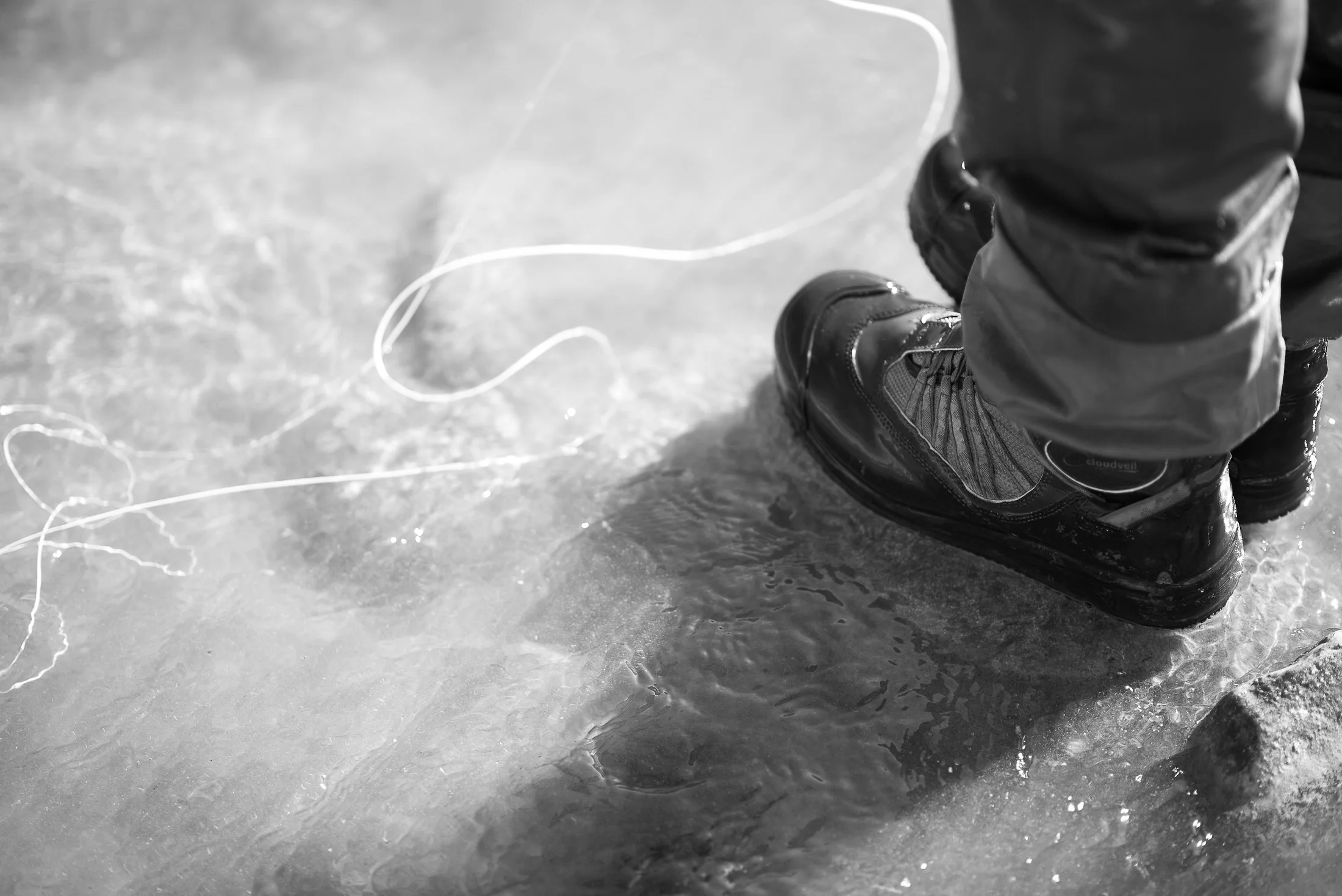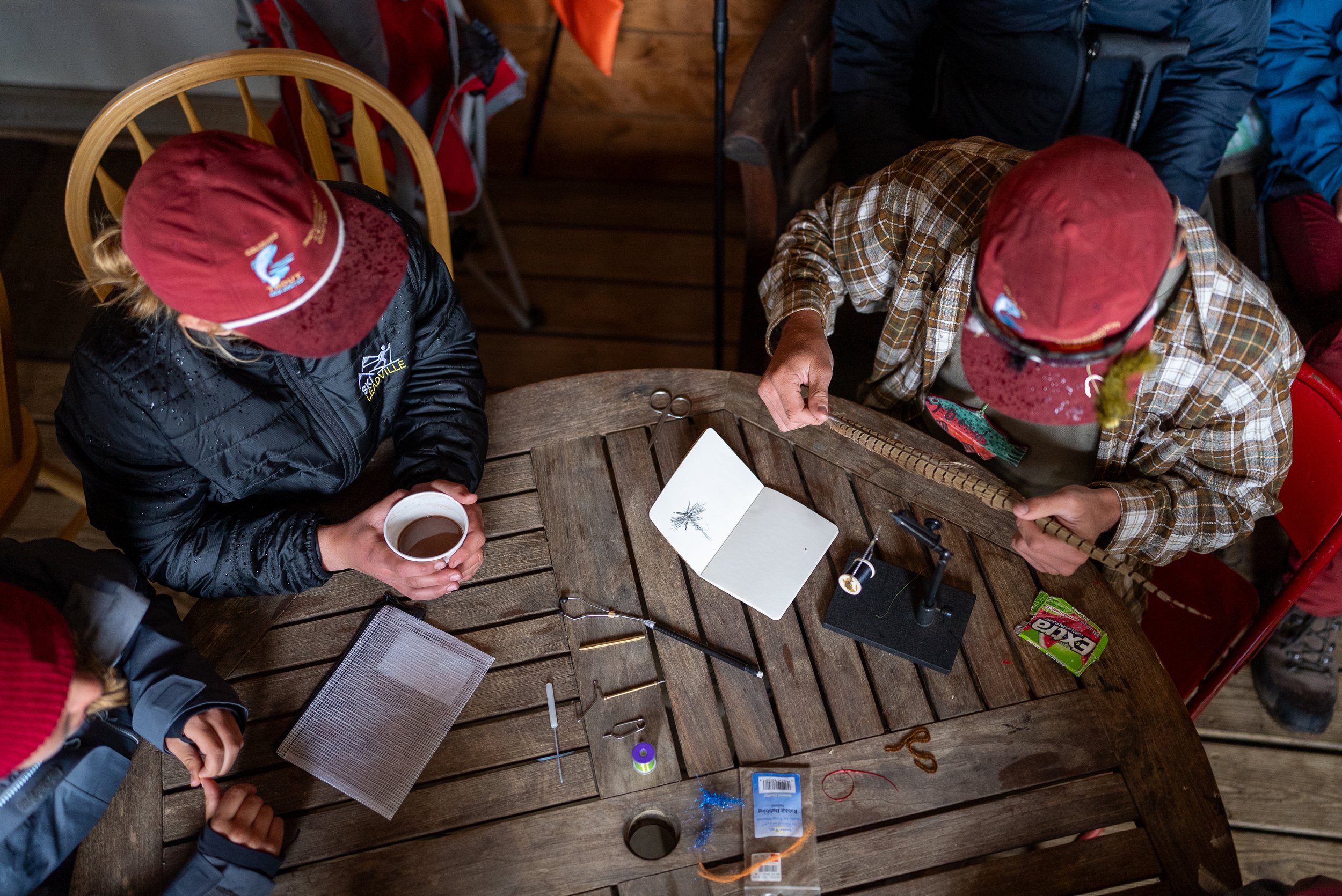On May 25th, the US Supreme Court issued a ruling in Sackett vs. EPA that sharply reduced Clean Water Act protections for wetlands that are vital to healthy and functioning watersheds. While not directly addressed, the decision also appears to put streams that don’t have year-round flow at risk of losing Clean Water Act protection as well. Those ephemeral and intermittent streams represent a majority of Colorado’s waterways and are the sources that feed our larger rivers that support fisheries, as well as providing drinking water to our communities and supplies for agriculture. If we fail to protect water quality at its source, we cannot protect it downstream.
With federal protection for most of Colorado’s waterways jeopardized under the Court’s decision, we need the State to step up and ensure our waters remain protected. Please take a moment to ask Governor Jared Polis to ensure that the State takes on this responsibility so that state water quality protections are applied to keep our headwater streams and wetlands intact. With a strong State-level program, Colorado can continue to protect the high-quality water that we need for our fisheries, our communities, and our working landscapes.













